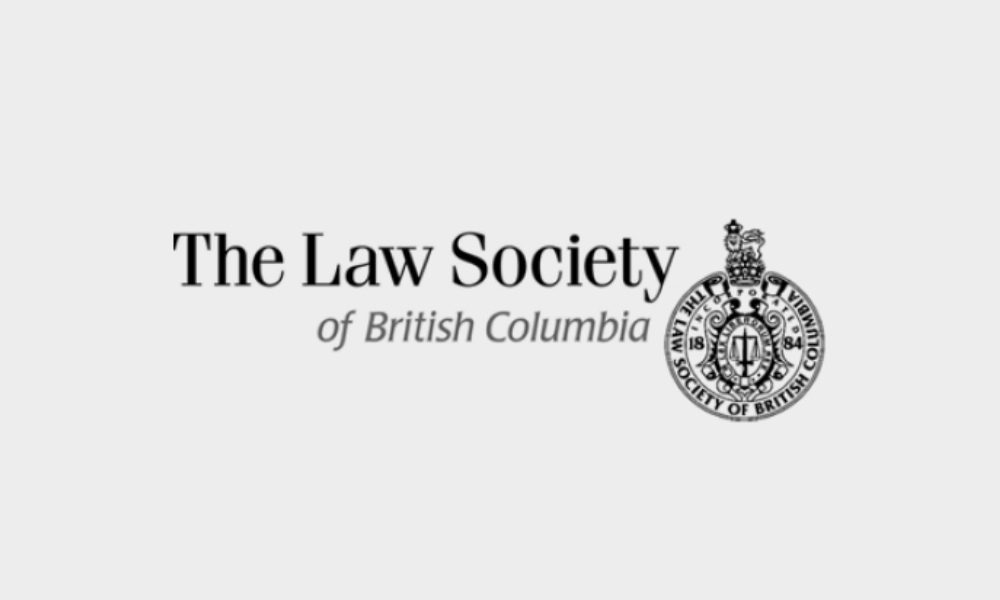LSBC also releases audited financial statements as of Dec. 31, 2020

The Law Society of British Columbia has released its 2020 annual report — including updates on its 2018-2020 strategic plan, key performance indicators, membership statistics demonstrating trends potentially influencing the delivery of legal services — and its audited financial statements.
The annual report seeks to ensure the law society’s regulatory transparency and to apprise the government, the public, the media and the legal community about how it is addressing its regulatory obligations.
The 2018-2020 strategic plan listed certain areas within the law society’s mandate under the Legal Profession Act that needed special attention, stated the law society’s goals and provided its initiatives to assist in attaining such goals.
In relation to the goal to promote greater public confidence in the rule of law and in the administration of justice, the law society established the Rule of Law Matters podcast, which sought to make the law and legal issues more accessible and to promote awareness of how the rule of law assists in safeguarding rights and freedoms. Episodes have covered the pandemic, the rise of global authoritarian states and arbitrary detentions, among other topics.
As regards the goal in relation to the calls to action from the Truth and Reconciliation Commission’s report, the law society has been working on developing its Indigenous intercultural competency course, which is anticipated to be finalized in Spring 2021. The course was originally meant to launch last January, but certain parts of the work were delayed on account of the COVID-19 pandemic.
As for the goal aiming to improve the retention rate of lawyers, particularly those who are Indigenous and women, the law society implemented a diversity action plan to promote diversity within the law society and the legal profession, to address discriminatory barriers, to improve intercultural competence education, to advance outreach and collaboration efforts and to track and report progress.
With regard to the goal to achieve better professional education standards, practice standards and practice advice, the law society provided numerous free opportunities for lawyers to comply with their continuing professional development requirements amid the pandemic. It also posted a list of free online programs on its website.
To tackle the goal of promoting better mental health within the legal profession, the law society undertook initiatives such as collaboration with law schools, a forum on mental health, a video statement by Craig Ferris, the law society’s past president, and a revision of the Law Society Admission Program application form to delete the questions about medical fitness.
The law society also posted its audited financial statements as of Dec. 31, 2020, which provided information on its financial activities relating to its General Fund, the Special Compensation Fund and the lawyers indemnity fund .
For the general fund, revenues were higher than anticipated, specifically as regards practice fees, application fees and trust administration fees, while operating expenses went down compared with the previous year, mostly because of the pandemic’s impacts on staffing and office costs, travel and events. For the Special Compensation Fund, its reserves were depleted on Dec. 31, 2020 and the fund was wound up.
For the lawyers indemnity fund, revenue from annual assessments went slightly up compared with the prior year because there were additional covered members. Investment income, however, went down from 2019 due to the economic uncertainty.










